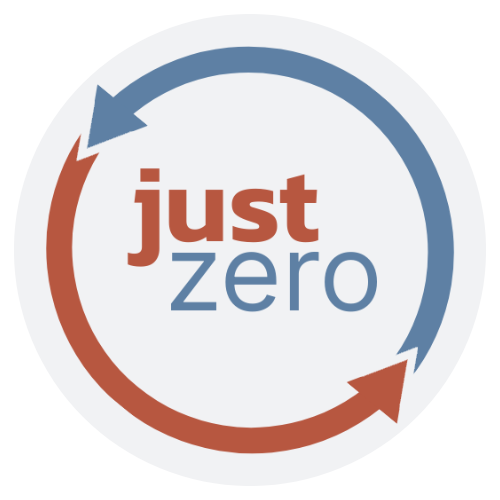The bill seeks to drastically reduce the amount of food waste generated and discarded in the state each year, while also helping address a growing issue of food insecurity.
JUNE 11, 2025 – In a decisive move to combat needless food waste, the Maine Legislature has passed LD 1065 – An Act Regarding the Reduction and Recycling of Food Waste. The landmark legislation, which, passed the House of Representatives on June 9th, and the Senate on June 10th, positions Maine to become the 11th state in the nation – and the last in New England – to adopt this comprehensive program to address food waste. The bill now heads to Governor Mills’ desk to be signed into law.
“This law will be a real game-changer for Maine,” said Peter Blair, Policy and Advocacy Director at Just Zero. “It’s about tackling food waste at every step in the chain – preventing it, feeding people in need, and turning scraps into valuable compost instead of trash. It’s a smart climate policy, a hunger relief strategy, and a win for our environment and economy.”
According to the Maine Department of Environmental Protection, more than 360,000 tons of food is wasted or lost in Maine annually. This waste has major climate consequences. The Department estimates that Maine’s annual food waste generates greenhouse gas emissions equivalent to nearly 400,000 cars driven for one year. Beyond the environmental toll, this wasted food also represents lost opportunities to feed those in need and to enrich Maine’s soil. As detailed in Just Zero’s issue brief, similar food waste laws in other states have successfully reduced food waste, increased food donations, and strengthened and expanded composting capacity.
Under the bill, large food waste generators – such as supermarkets, universities, and food distributors located near composting or anaerobic digestion facilities – will no longer be allowed to send food waste to landfills or incinerators. Instead, these entities will be required to:
- Reduce the amount of food waste they generate;
- Donate surplus edible food to hunger relief organizations;
- and Recycle remaining food scraps through composting or anaerobic digestion.
“This bill brings Maine in line with it’s neighbors in New England, and leads the state toward a more sustainable, resilient food system,” said Blair. It’s a commonsense solution to a problem we can no longer afford to ignore.”
Just Zero drafted the initial bill and worked with Maine legislators to amend and adapt it based on Just Zero’s model Food Waste Prevention and Recycling legislative toolkit.
###
Just Zero is a national environmental non-profit that works to implement proven and effective solutions to our waste crisis while also protecting people and the planet.

